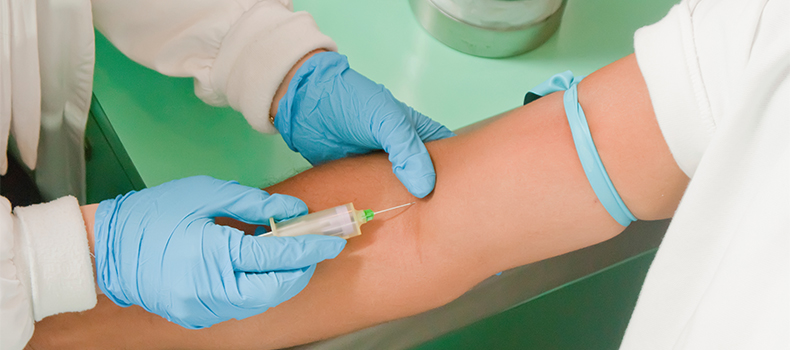Essential Phlebotomist Job Requirements: What You Need to Succeed in the Field
Phlebotomy is a critical field within healthcare that involves drawing blood for various medical tests and procedures. To succeed as a phlebotomist, one must meet certain essential job requirements. this article will outline the necessary qualifications, skills, and other requirements essential for a thriving career in phlebotomy.
What is a Phlebotomist?
A phlebotomist is a trained healthcare professional who is responsible for collecting blood samples from patients. Their role is pivotal in diagnosing and treating diseases. Phlebotomists can work in hospitals, clinics, laboratories, and blood donation centers. They often interact with patients,making excellent interpersonal skills a must.
Essential Phlebotomist Job Requirements
1. Educational Background
While some employers may onyl require a high school diploma, most positions necessitate formal training in phlebotomy. This can be accomplished through:
- Phlebotomy certification programs (usually lasting less than a year)
- Community colleges offering phlebotomy courses
- Hospital-based training programs
2. Certification and Licensing
Obtaining certification is essential for most phlebotomists. Certificates validate skills and knowledge.Here’s an overview of common certifications:
| Certification | Issuing Association |
|---|---|
| Certified Phlebotomy Technician (CPT) | National Healthcareer Association (NHA) |
| Phlebotomy Technician Certification (PTC) | American Society of Phlebotomy Technicians (ASPT) |
| Registered Phlebotomy Technician (RPT) | American Medical Technologists (AMT) |
3. Essential Skills and Qualities
Phlebotomists should possess specific skills to excel in their roles. Key skills include:
- Attention to Detail: Precise technique is needed to ensure accurate blood sample collection.
- Strong Communication Skills: Ability to explain procedures to patients and make them agreeable.
- Clinical Skills: Understanding human anatomy and physiological processes.
- Compassion and Empathy: Many patients might potentially be anxious about blood tests, so a gentle approach is vital.
- Time Management: Efficiently handle multiple responsibilities, especially in busy environments.
4. Experience Requirements
While entry-level positions may not require extensive experience, hands-on practice is beneficial. Many training programs include internships or externships that provide valuable patient interaction experience.
Benefits of Becoming a Phlebotomist
1. High Demand for Phlebotomists
With a growing healthcare sector, the need for skilled phlebotomists continues to rise, offering job stability.
2. Opportunities for Advancement
Phlebotomists can advance into positions such as laboratory technicians, blood bank specialists, or healthcare administrators with further education and experience.
3. Flexible Work Surroundings
Phlebotomists often have flexible scheduling options, including part-time work, which can accommodate personal commitments.
Practical Tips for aspiring Phlebotomists
Here are some practical tips to enhance yoru journey into the phlebotomy field:
- Network: Connect with professionals in the field for guidance and mentorship.
- Stay Updated: keep abreast of the latest techniques and changes in phlebotomy through continuous education and training.
- Practice, Practice, Practice: Gain as much hands-on experience as possible during training to build confidence.
First-Hand Experience in Phlebotomy
Many successful phlebotomists emphasize the importance of empathy and communication in their roles. For example, Jane, a certified phlebotomist with over three years of experience, shares: “One of the biggest challenges I faced was dealing with patients who were terrified of needles.Building rapport and reassuring them that they were in good hands helped ease their anxiety and ultimately made the process smoother.”
Conclusion
Embarking on a career as a phlebotomist can be both rewarding and fulfilling. By meeting the essential job requirements, including education, certification, essential skills, and gaining relevant experience, you can set yourself up for success in this vital healthcare role.Remember that patience, empathy, and excellent communication abilities are just as important as technical skills. By investing in your education and hands-on training,you’ll be well on your way to making a important impact in the lives of patients and the broader healthcare community.
